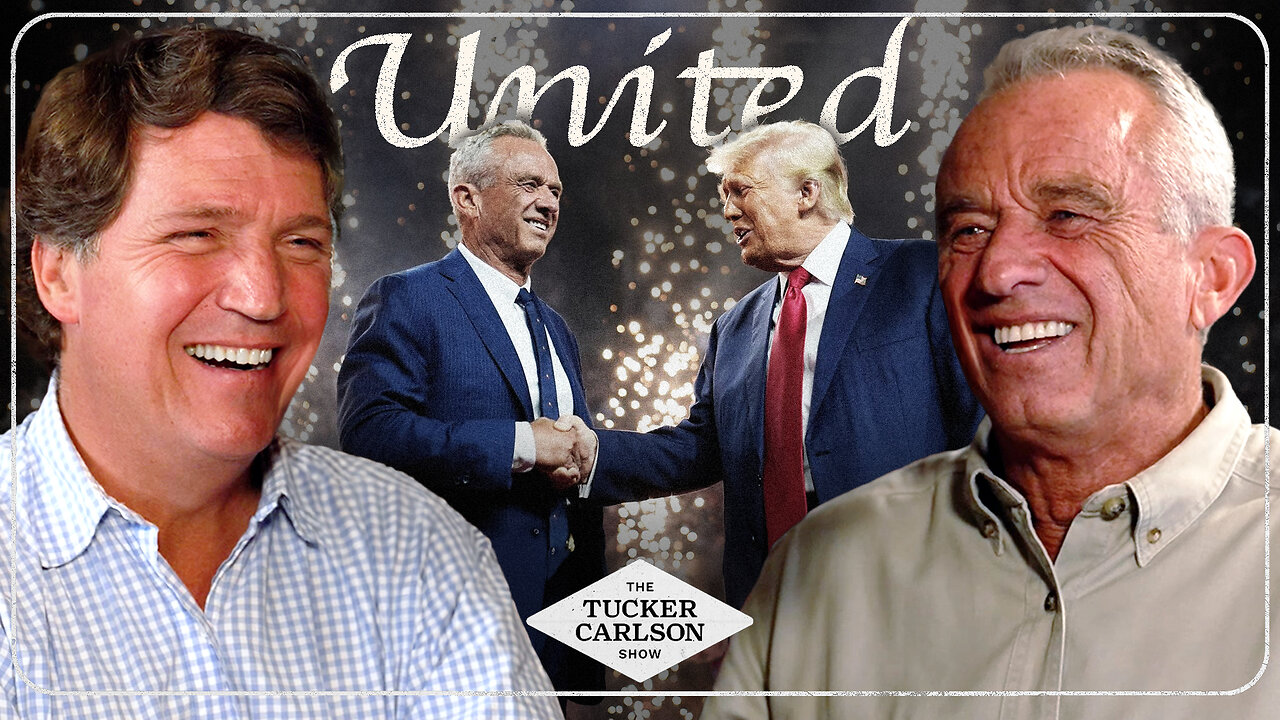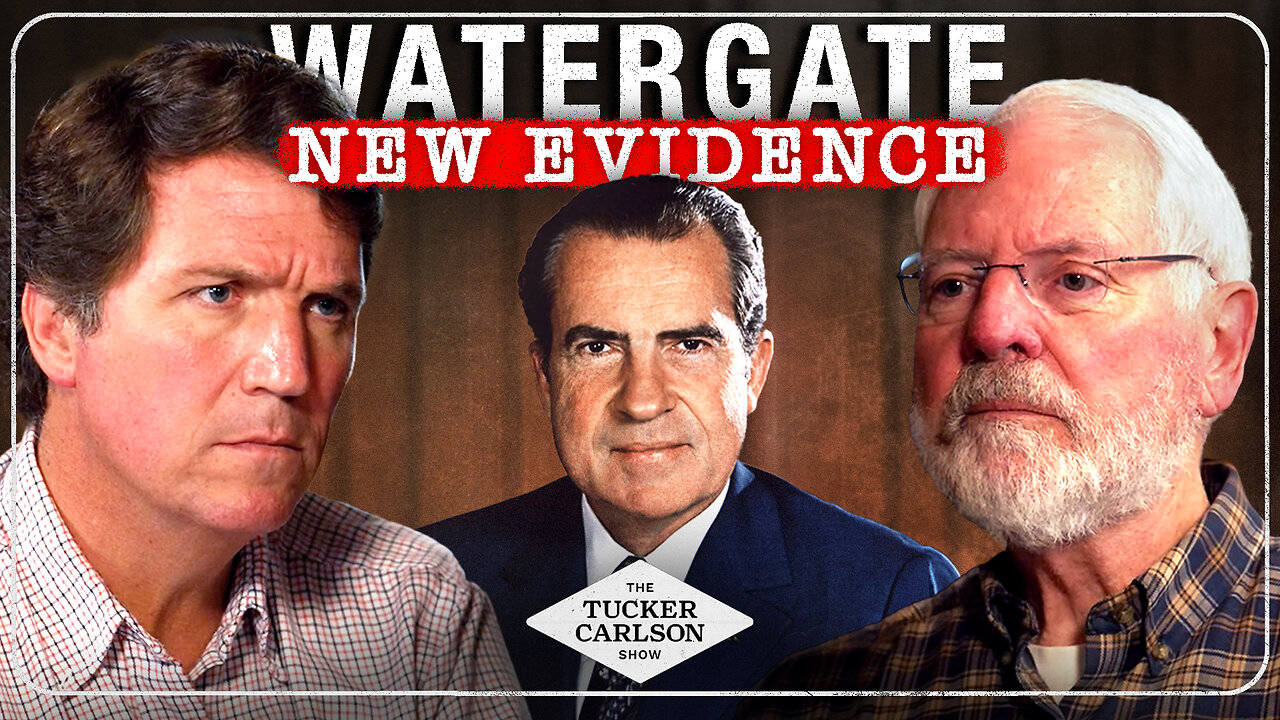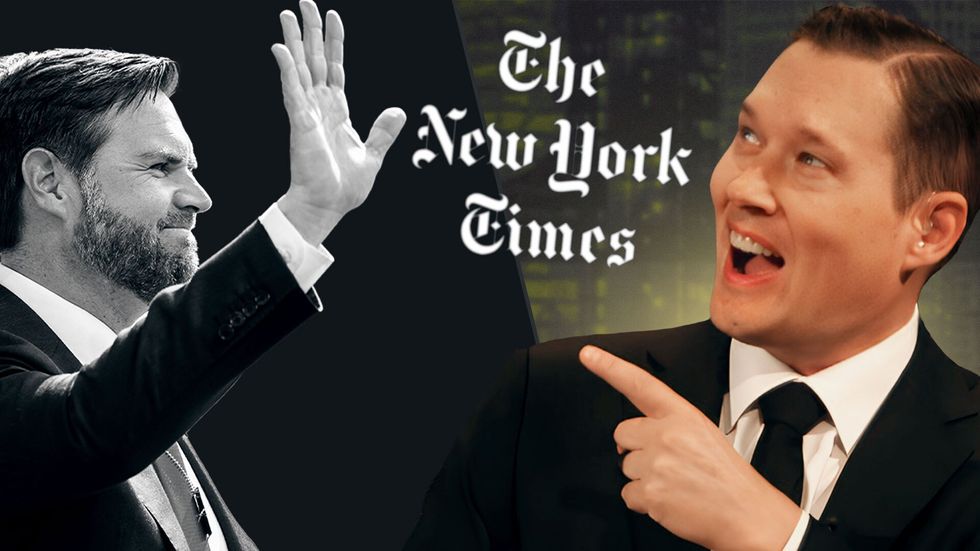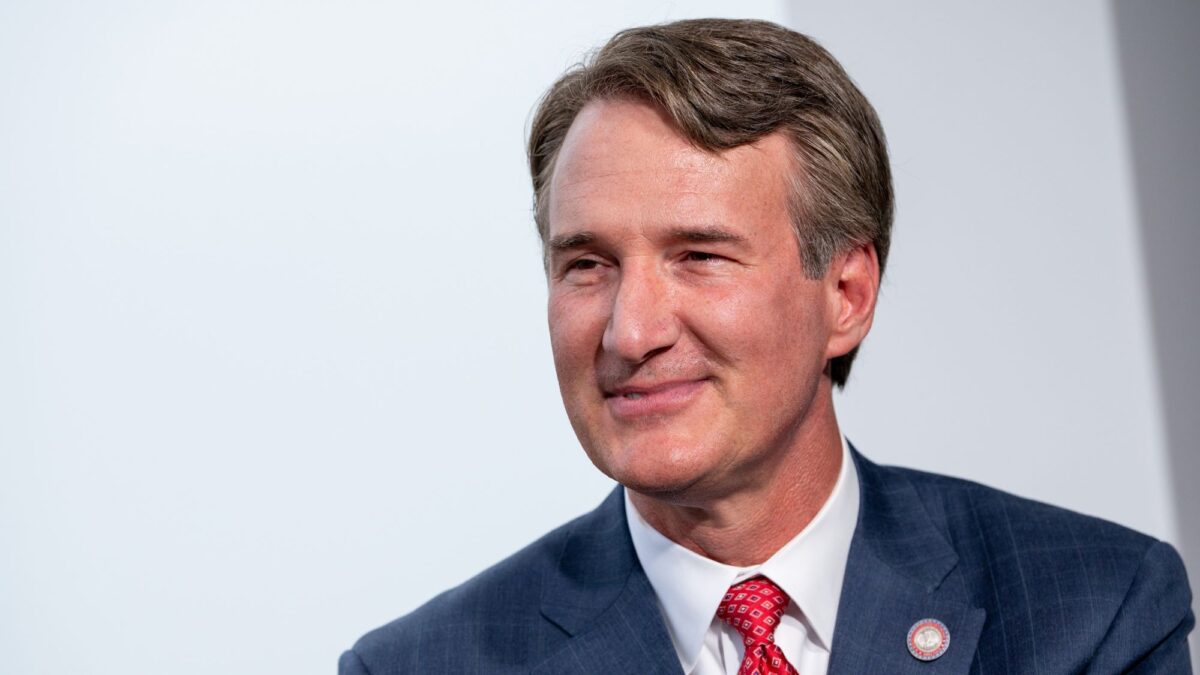Is it Possible to Deradicalize Gen Z?
On Saturday, a 20-year-old white male came within a quarter inch of throwing the greatest nation in the world into chaos. While little is known about this young man, Gen Z’s response to the assassination attempt is alarming. By Sunday, the hashtag #theymissed began trending on social media, with some 20,000 posts expressing sadness or ...

On Saturday, a 20-year-old white male came within a quarter inch of throwing the greatest nation in the world into chaos. While little is known about this young man, Gen Z’s response to the assassination attempt is alarming. By Sunday, the hashtag #theymissed began trending on social media, with some 20,000 posts expressing sadness or anger that Donald Trump was not killed.
Signs of radicalization have been growing. Last December, a Harvard poll showed that 60% of Gen Z thought Hamas’s slaughter of innocent Israelis was justified. What does this portend for the future of our nation?
Looking back, it seems that President Biden’s claim that Trump is “literally a threat to everything America stands for” and his boast of putting Trump in the “bullseye” were not just unwise but menacing.
The political spirit of our age is one of demonization. Campaigns have always been spicy, but the adoption of fascist and communist rhetorical tactics has put the whole system into overdrive. Lenin sparked mass rage by dehumanizing his opponents as “cretins” and “filthy scum.” Saul Alinsky repackaged Lenin’s diabolical strategy in “Rules for Radicals.” “Ridicule is man’s most potent weapon,” Alinsky gloated. “There is no defense. It is almost impossible to counterattack ridicule.”
Older adults dismiss hateful campaign rhetoric as nothing more than “angry-old-man-speak.” Young adults, on the other hand, take things much more literally and become filled with fear and anger.
When kids are terrified, their reactions can be unpredictable and irrational. Sometimes they resort to violence. Or bullying. Or, often, they turn against themselves in self-harm. This is especially true for boys, whose testosterone and still-developing moral compass are like a powerful engine without a steering system.
Decades of research show that young adults become radicalized in three steps:
First, isolation. The primary isolation tactic is to incite unrelenting fear, which is fed by the “omnicause” in which young adults are coaxed to be angry and filled with shame about everything.
Second, recruitment. A lonely, scared kid is easy to radicalize. As Mubin Shaikh, a former recruiter for a radical Muslim group, stated, “We look for people who are isolated. And if they are not isolated already, then we isolated them.” Radicals adeptly use social media to replace a lonely kid’s genuine identity with a kind of cult identity. It feels like friendship.
Third, activation. Get them to do something — post on social media, show up at a rally, learn to march in step. Anything that makes them feel that they are among those who “get it” and that everyone else is a clueless dimwit, possibly even evil. This is what happened in 1994 when the leaders of Rwanda’s Hutu tribe coaxed their young followers to think of rival Tutsis as “cockroaches.” Neighbors remorselessly slaughtered neighbors.
Is it possible to deradicalize a generation?
Yes, but it’s a process—no one wants to back away from a conviction they’ve publicly committed to. But walking back a bad belief doesn’t have to involve shame. In my work with hundreds of thousands of young adults, I’ve found that the following three steps work:
First, reveal the power play behind the agenda. In March 2024 the Wall Street Journal did an expose of those who trained anti-Israel protesters. It turns out that they were professional agitators who have incited mob action on every issue you can imagine. They’re funded by some of the wealthiest power brokers on the planet. Knowing that powerful people with an agenda are using you is a real buzz kill.
Second, explain how bad ideas take people captive. In the past, cults trained their members to spend countless hours recruiting people. Now people recruit themselves. Using the internet, misfits quickly desensitize to radical messages and feel a surge of empowerment at “discovering” that their parents, friends, and church have held them back. It’s important to reveal the sleight of hand that makes this false persuasion seem real. The message is: “Do you see how they did that?”
Third, reinforce the truth through caring concern and the power of facts. Here’s an example from my book Should Christians Support Israel. Through an in-depth poll, Summit Ministries asked Gen Z if Israel’s greater wealth and military power made its military campaign against Hamas unjust. 47% said, “Yes” and just 11% said, “Not sure.” But then we asked whether wealthy Hamas leaders were unjust by stealing aid intended for beleaguered Palestinians. 57% said, “Yes,” and 23% said, “Not sure.” Just one question casting factual doubt on Hamas significantly readjusted Gen Z’s views about who was unjust.
History’s horribles succeeded by mobilizing the young for evil purposes. If we want the rising generation to fight for America’s future, not against it, we need to make deradicalizing them a top priority.
* * *
Jeff Myers, Ph.D., is president of Summit Ministries (www.summit.org), an organization that equips and supports the rising generation to embrace the truth and live out a biblical worldview. His most recent book is “Should Christians Support Israel?”
The views expressed in this piece are those of the author and do not necessarily represent those of The Daily Wire.
Originally Published at Daily Wire, World Net Daily, or The Blaze
What's Your Reaction?
































































































